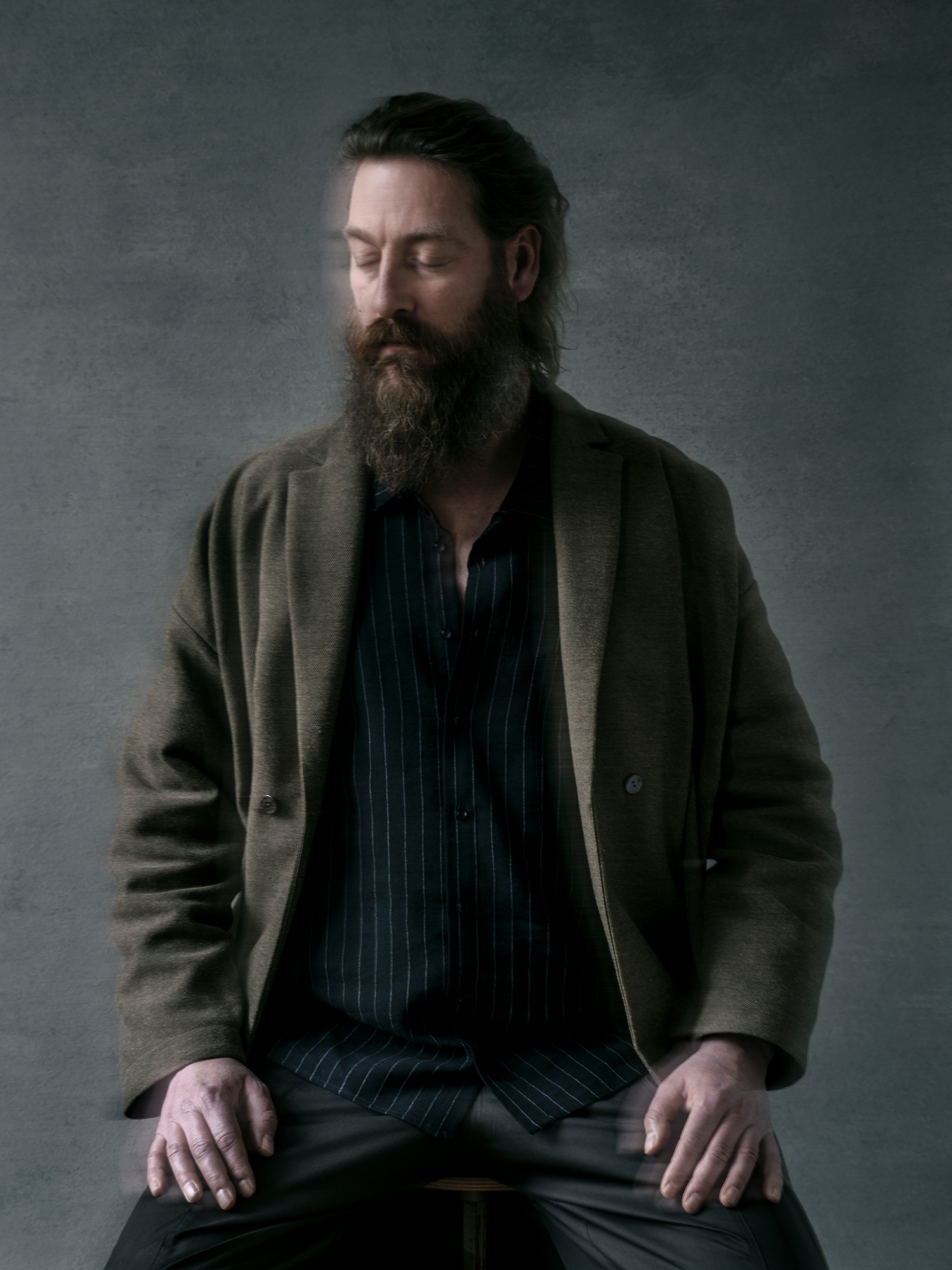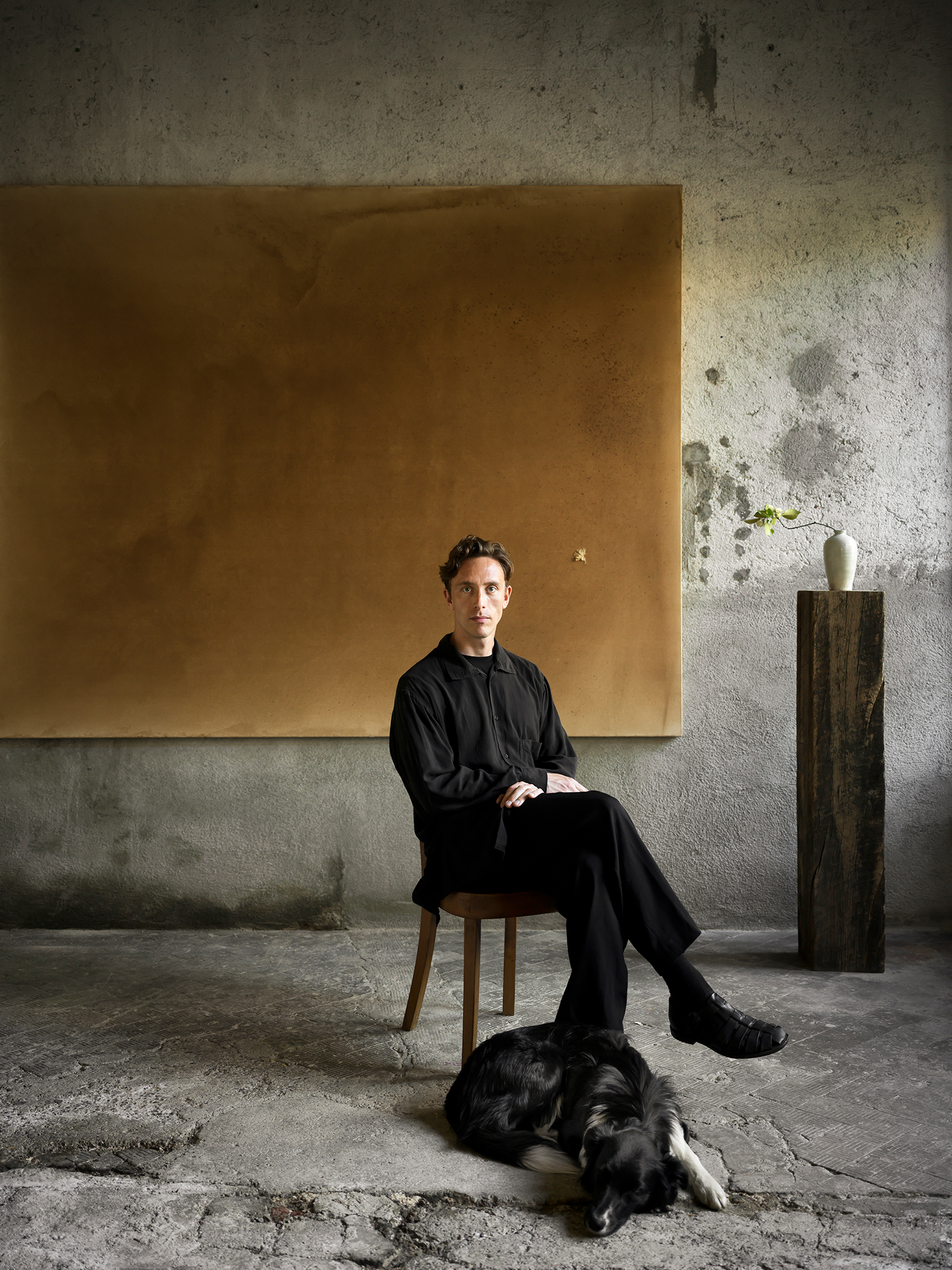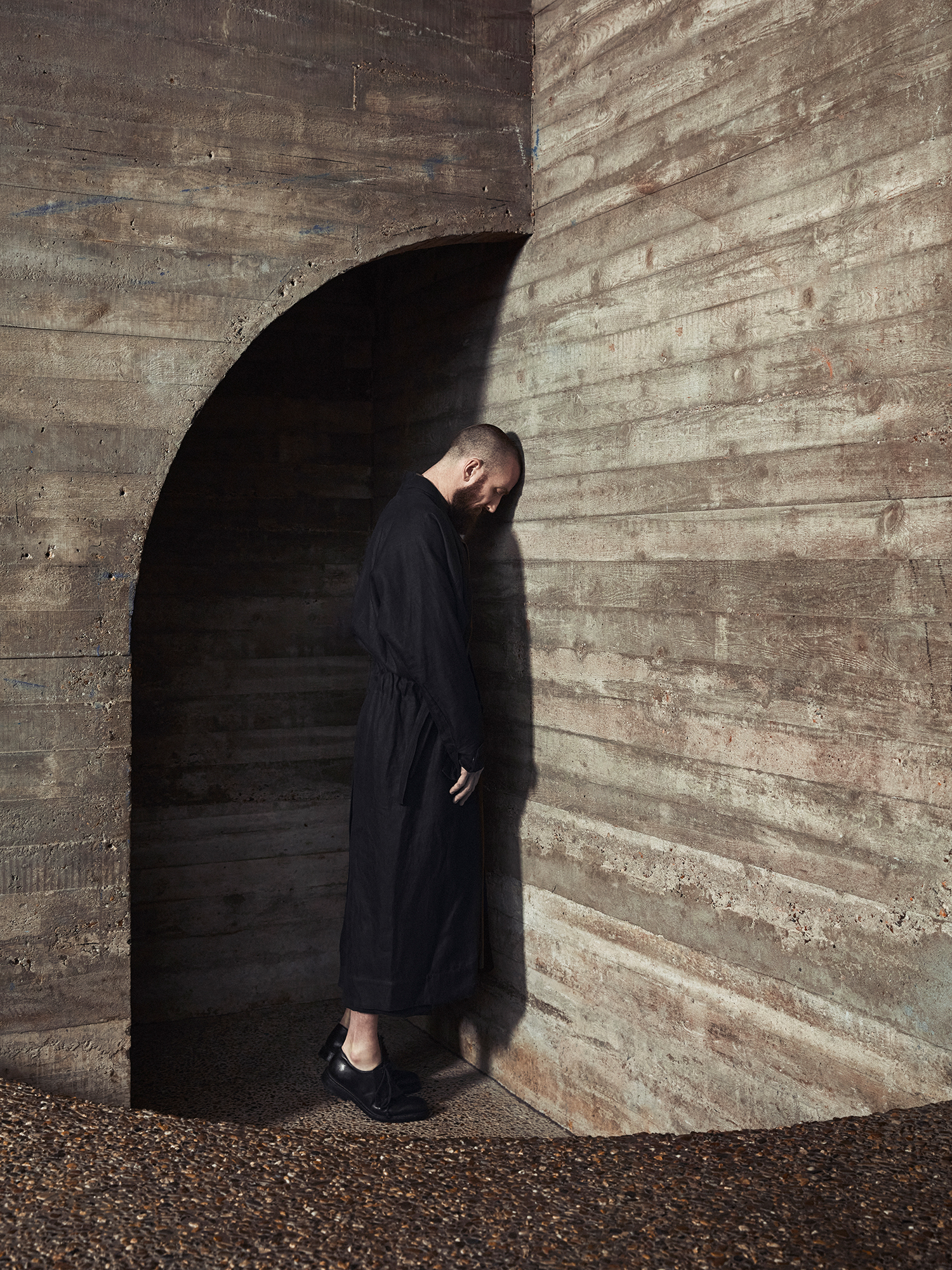
Joep Beving
Existing in Contrast
Amidst the ever-polarising experience of contemporary life, composer and pianist Joep Beving turns to music to consolidate the meaning of individualism and collectivity, melancholy and beauty, darkness and light.
The music of Dutch composer Joep Beving could be described as neo- classical or even meditative, or, in his own words, as ‘simple music for complex emotions’. Compositions begin without words, then progress into a spectrum of thoughts driven by universal inspirations in an unusual approach that has touched broad audiences all over the world.
Your music is like a meditative form of travel, there are no words and yet it feels understandable. So where to start...
If you have to explain your work, you deprive the recipient of the opportunity to discover and internalise it themselves and to enter into a relationship with it. For example, at a museum, context provides perspective, which is how you derive the relevance of a work. I try to do that with as few words as possible, through a title or an image for a record, to direct the attention in a certain direction. But very often and certainly with my work, it does not need that much explanation. I do like to add a deeper layer, but that is for those who want to listen and look further; though if you dive in, you won’t hit the bottom very quickly.
With records names like ‘Solipsism’ or ‘Hermetism’, the themes of your album may seem rather abstract if you are not familiar with philosophical ideologies. How would you describe this influence on your music?
For me it is all connected. The overall perspective. The human question on how we relate to ‘reality’. What is this reality? And the quest for ‘the truth’. Is there an ‘ultimate truth’? It is this process of searching that helps us cope with the often unlikely reality of today. This became clear to me after starting to really focus on my own music. It suddenly accelerated and felt like an infinite source of input. I had the opportunity to leave my previous job and focus on the search for answers with the piano as my companion.
This sequence of explorations resulted in my first album ‘Solipsism’. It is written from the individual perspective and the question of ‘What is existence?’. It looks at this sensory reality with a certain suspicion and curiosity, which makes you wonder, do we have nothing in common? Something collective? An absolute version that we can all tap in and be connected to. For me the album is very much a quest to create connection and to act against the fragmentation and polarisation of current times.
The greatest inspiration is the question of ‘the relationship to reality’ and the beauty within that. Beauty on its own has been ‘forbidden’ for a long time, as it tends towards platitude. And you have to stir up the spirit and not intoxicate it, which I agree with in a sense. But on the other hand I strongly believe in the connecting power of beauty. The importance that people do not become alienated. That they feel connected and express a collective universal feeling.
Do you feel that tapping into something universal with your music can provide your listeners with answers just like yourself?
I hope so and it’s often been confirmed that it evokes a kind of recognition. Listeners recognise something essential, perhaps at soul level, which is reassuring and offers hope that we are not alone. That there is a collectivity; we are not solipsist. Actually with ‘Solipsism’, I wanted to prove the opposite to myself. I found it very difficult to engage in small talk at parties because I felt alienated and the accumulation of this manifested in a burnout. I couldn’t do anything, but just find support or call it therapy behind the piano. If this gives me a feeling of trust or essence, or truth or peace, could it be the case for others too?





